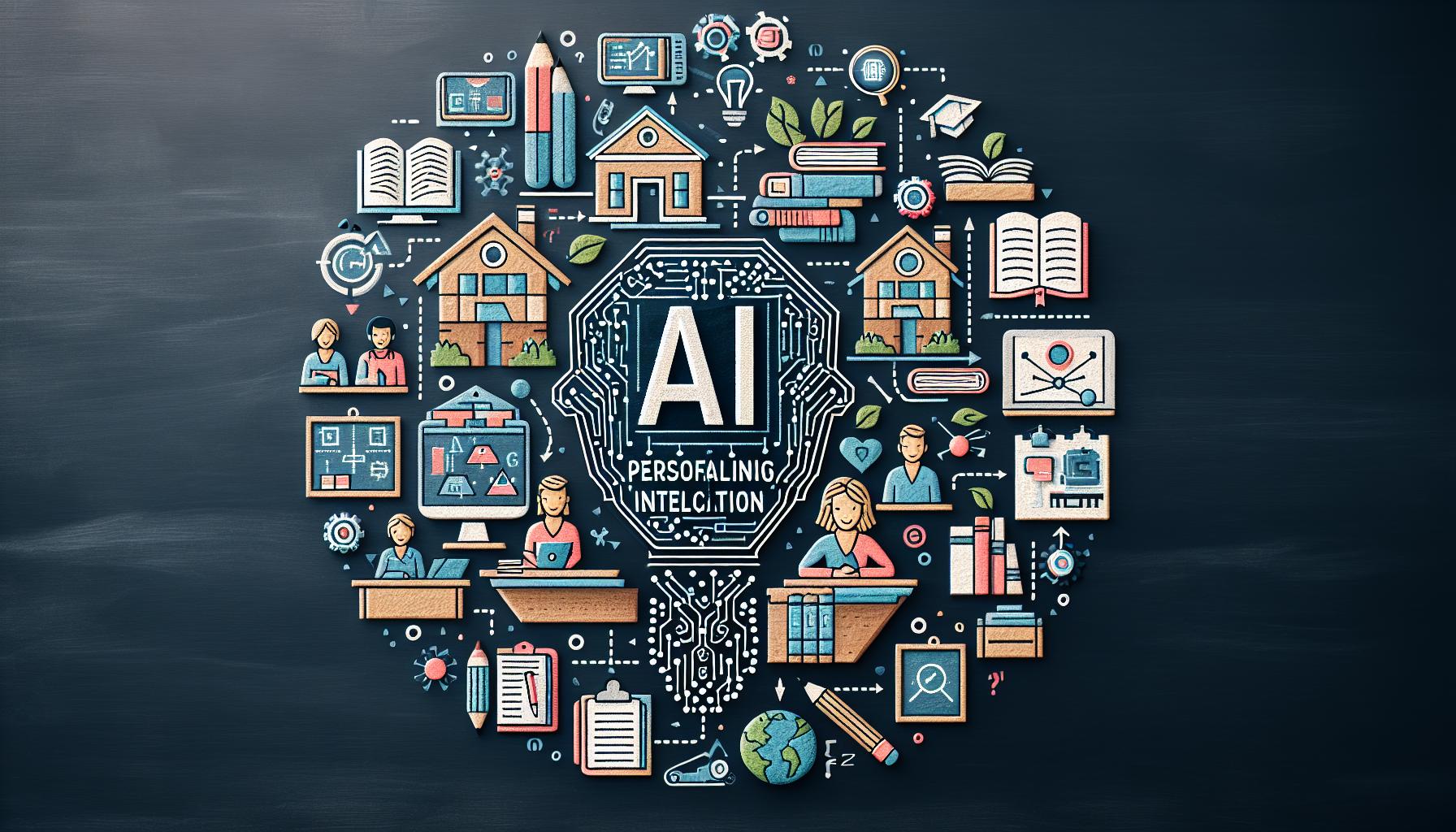Redefining Standardized Testing: The Integration of AI in Academic Assessments

Introduction
The landscape of standardized testing, a cornerstone of academic assessment for decades, is undergoing a seismic shift. The SAT, once as ubiquitous in college admissions as the floppy disk in data storage, is now facing a reevaluation of its relevance in the age of Artificial Intelligence (AI). This article delves into how AI is poised to revolutionize the field of academic testing, offering new methods to assess student skills and capabilities.
The Shift from Traditional Testing to AI-Enhanced Assessments
As AI technology advances, traditional methods of standardized testing are being challenged. Institutions like ETS, a major player in standardized testing, are pivoting from traditional tests like the SAT to more innovative approaches that focus on a broader range of student skills. This transition reflects a broader trend during the pandemic where concerns about equity and accessibility led many colleges to reconsider the role of standardized tests in admissions.
ETS's New Direction: Behavioral Over Cognitive Assessment
Kara McWilliams, ETS's vice president of product innovation and development, emphasizes a shift towards behavioral assessments. Unlike traditional tests that focus on right answers, ETS aims to create testing experiences that assess behaviors such as perseverance and problem-solving approaches. This method intends to measure how students reach answers, rather than the answers themselves, highlighting a significant paradigm shift in evaluating student abilities.
Reimagining Assessments with the Carnegie Foundation
The Carnegie Foundation for the Advancement of Teaching, in collaboration with ETS, has launched the 'Skills for the Future' initiative. This effort aims to move away from conventional testing environments to utilize data from students' activities, like sports and internships, to assess skills like communication and critical thinking. Timothy Knowles, president of the Carnegie Foundation, advocates for an insight system that helps educators and families understand students' skill development over time.
Challenges and Concerns with AI in Testing
Despite the potential benefits, the integration of AI into testing is not without its challenges. Nicol Turner Lee from the Brookings Institution warns of potential biases in AI algorithms, which could perpetuate inequalities if not carefully managed. The controversy surrounding the International Baccalaureate's algorithm during the pandemic highlights the risks of relying solely on AI for student assessment.
The Future of AI in Standardized Testing
Looking forward, AI is set to play an increasingly significant role in the development of testing methods. ETS is exploring AI for dynamic content generation and real-time feedback mechanisms, such as in their new tool, Authentic Interview Prep, which aids in job interview preparation. While traditional tests like the SAT will continue to exist, their role and format may evolve as AI technologies become more embedded in the educational assessment process.
Conclusion
The integration of AI into standardized testing represents a pivotal change in how educational achievements are measured. As we advance, it is crucial to address the ethical implications and ensure these technologies enhance educational equity. The future of standardized testing seems poised for a transformation that could redefine educational success and accessibility for the next generation.



